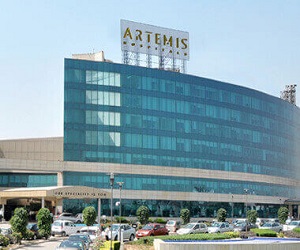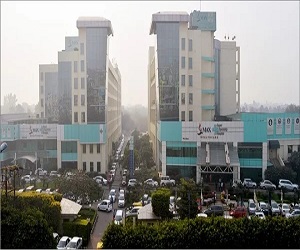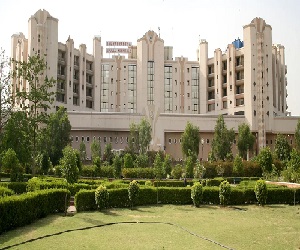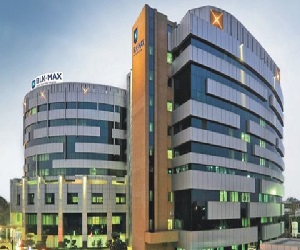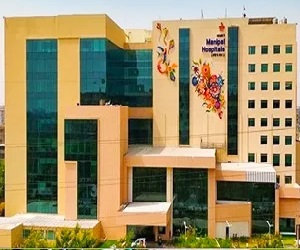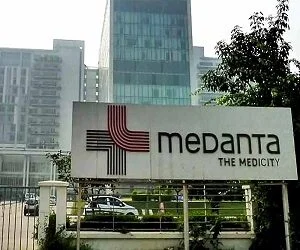Gallbladder cancer is a severe and rare disease characterized by the presence of cancer cells in the tissues of the gallbladder. The gallbladder, a pear-shaped organ located in the upper abdomen next to the liver, stores bile. During digestion, the gallbladder releases bile through the bile duct to aid in the digestive process.
What are the benefits of the treatment?
Gallbladder surgery is performed to relieve symptoms and prevent complications, such as bile duct blockages, that can arise from the disease.
Who needs this treatment?
Surgery for gallbladder cancer is undertaken when the tumors become more advanced and other treatment options are ineffective.
Investigations required to diagnose the procedure
If a doctor suspects gallbladder cancer, they will perform a comprehensive medical history review and physical examination to uncover possible causes and gather detailed information about your symptoms. They will check the abdomen for indications of tumors, sores, or fluid buildup. Additionally, they will examine the skin and the whites of the eyes for signs of jaundice.
The procedure for treatment
There are a few courses of action you can take when it comes to surgery:
Cholecystectomy: This involves removing the infected tissue in the gallbladder, a substantial portion of the adjacent liver tissue, and all nearby lymph nodes.
Palliative surgery: Even if doctors cannot completely remove the tumor, gallbladder cancer patients may still experience symptom relief through surgery.
Radical gallbladder resection: During this operation, the gallbladder, the common bile duct, and the ligaments connecting the liver and intestines are removed.
What are recovery and post-op care after the treatment?
You will need to stay in the hospital for approximately one week. During this time, you may need to undergo some or all of the tests previously used to diagnose and stage the cancer again. To evaluate the effectiveness of the treatment, we will repeat certain diagnostic procedures. The results of these tests will help us determine whether to continue, adjust, or discontinue the current treatment plan.
What are the risks and complications of the treatment?
Bile leakage into the abdomen, infection, and liver failure are potential complications shortly after surgery. Since the excised organs play key roles in digestion and nutrition, various issues related to eating and digestion may also arise post-surgery.
Gallbladder Cancer Treatment cost in India are as follow
| Treatment | Cost in USD | Stay in Hospital |
| Gallbladder Cancer Treatment | 4600-5500 | 5-7 Days |
| Stomach Cancer Treatment | 4600-5000 | 4-5 Days |
| Head and Neck Treatment | 4600-5500 | 4-5 Days |
| Chemotherapy Treatment | 1000-1100 | 10-15 Days |

